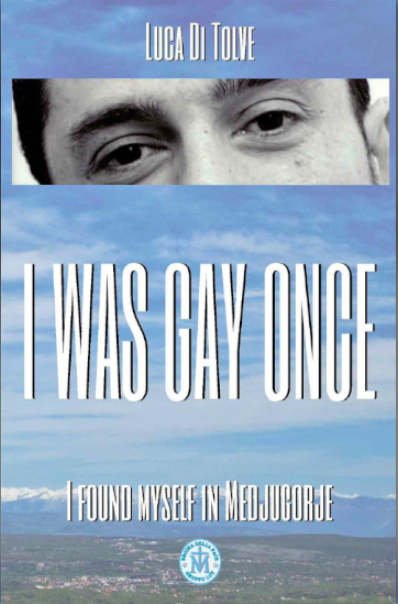A gay woman claims she sought treatment for a physical condition but was instead offered advice about curing her sexuality (Pexels)
A gay woman in Italy who saw her doctor for a physical condition says she was advised to read a conversion therapy book to address her “homosexual attitudes.”
The woman, who is from Verona, Italy, wrote an anonymous letter to MaiMa, an Italian anti-homophobia organisation.
She explained that she had visited her GP for a physical problem related to stress, but was instead offered unsolicited advice about her sexuality.
After declaring he’d “always had doubts” about the patient’s homosexuality because she didn’t have a short haircut, the doctor recommended she read the autobiography of Luca Di Tolve, a ‘formerly’ gay Italian celebrity who says he became straight thanks to religion.
“Furthermore, he gave me the name of the association that takes care of those who have homosexual ATTITUDES,” the woman said.
“I was confused and astounded as it was not the help I had asked for.”

With no intention of taking the doctor’s suggestion, she threw away all the notes she’d been given and promptly changed doctors — but when the GP realised this, he emailed his former patient to reiterate his advice.
“I have just finished reading the book I told you about, looking at homosexual attitudes, I thought of you so much,” he wrote.
“I see from the ASL records that you have changed doctors: I am happy if you feel more free to express yourself and if you find solutions to your problems, [but] I would have liked a nod from you, a thanks, a goodbye.”
He ends the email with a further reminder: “I advise you to read ‘I Was Gay’ by Luca di Tolve.”
Conversion therapy is dangerous and discredited.
Medical experts consider interventions to change someone’s sexual orientation to be pseudo-scientific and ineffective, yet so-called ‘gay conversion therapy’ persists throughout the world.
There is no reliable scientific evidence to suggest sexuality can be changed in any way, and attempts to do so are harmful and dangerous.
The discredited practise is often compared to torture and has been linked to higher risks of depression, suicide, and drug addiction.
